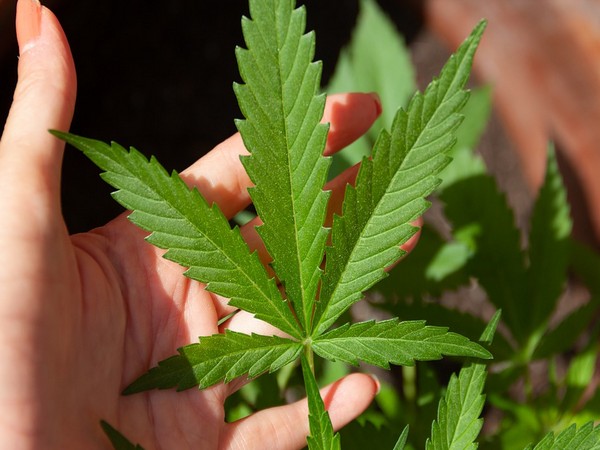Study explains relation between cannabis dependence and mental health
According to recent research, people with a history of cannabis dependence will have to face a 'wide range of associated negative mental health outcomes.'

- Country:
- United States
According to recent research, people with a history of cannabis dependence will have to face a 'wide range of associated negative mental health outcomes.' The research published in the journal of Advances in Preventive Medicine took the data of people living in Canada.
The study compared 336 Canadians with a history of cannabis dependence to 20,441 who had never been addicted to the substance. The data were drawn from Statistics Canada's 2012 Canadian Community Health Survey-Mental Health. "Our findings illustrate that for many adults, a history of cannabis dependence casts a very long shadow, with a wide range of associated negative mental health outcomes," said lead author Esme Fuller-Thomson, professor at the University of Toronto's Factor-Inwentash Faculty of Social Work (FIFSW) and Director of the Institute for Life Course and Aging.
More than a quarter of those with a history of cannabis dependence were still dependent on cannabis, while almost one-half had some form of mental illness or substance dependence, compared to only 8% among those without a history of cannabis dependence. Overall, 74 per cent of those without a history of dependence was in excellent mental health, while only 43 per cent of those with a history of dependence was.
Excellent mental health was measured in terms of having -- almost daily happiness or life satisfaction in the past month, or high levels of social and psychological well-being in the past month, otherwise freedom from all forms of substance dependence, depressive and generalized anxiety disorder and serious suicidal thoughts for at least the preceding full year. Social support was strongly associated with remission from cannabis attendance and achieving excellent mental health.
In addition, women with a history of cannabis dependence were more likely than men to be in remission and to have excellent mental health. Hence, it was noted that recovery is more prevalent among women, older respondents, those with higher levels of social support, and those who had never had a major depressive disorder or generalized anxiety disorder. (ANI)
(This story has not been edited by Devdiscourse staff and is auto-generated from a syndicated feed.)
- READ MORE ON:
- University of Toronto
- Canada
- Statistics Canada










